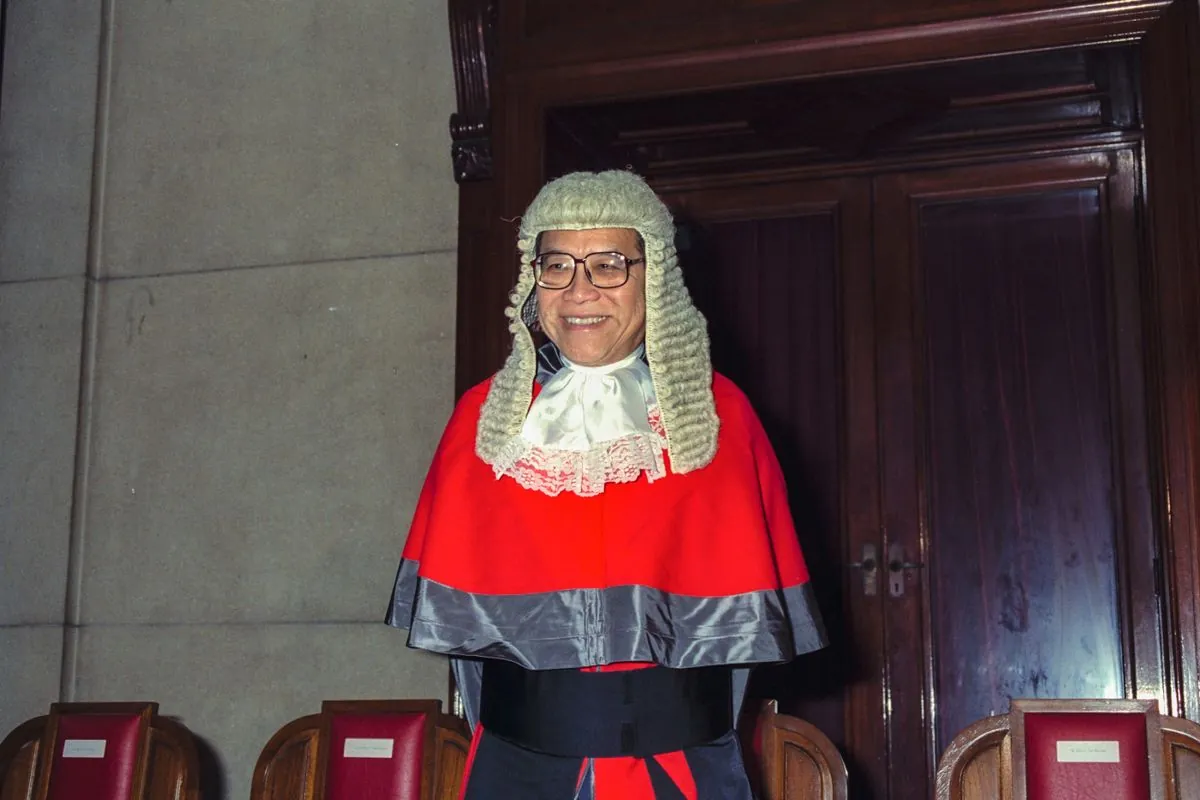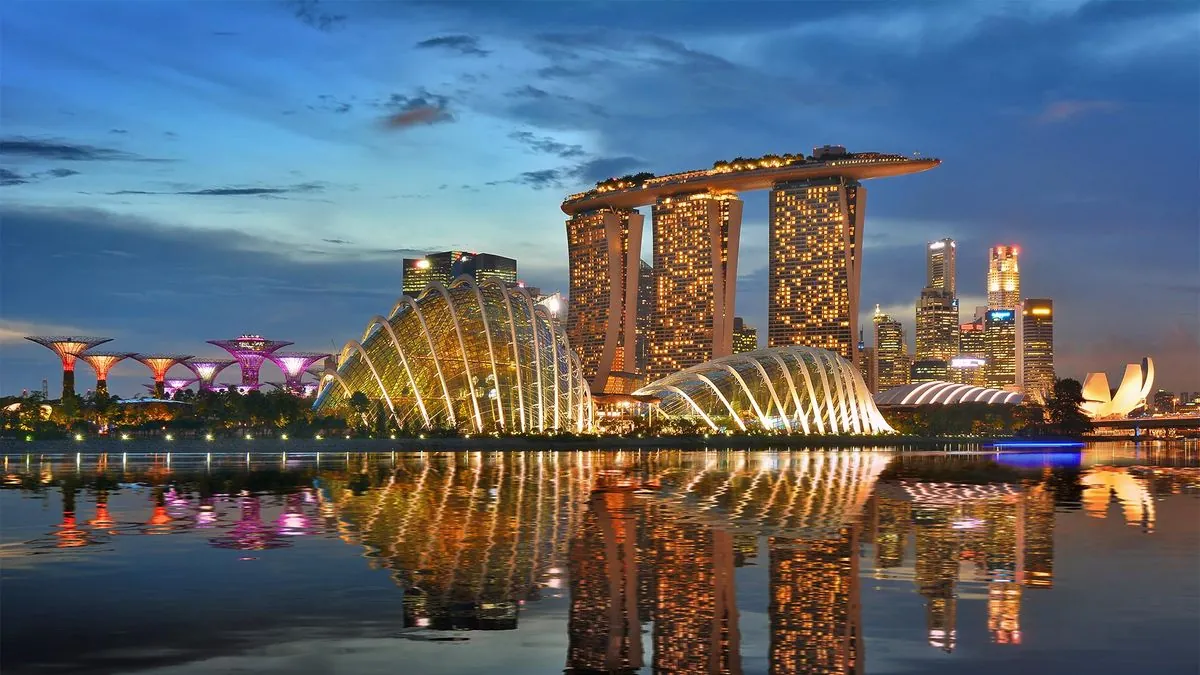Singapore Tycoon Charged in High-Profile Corruption Case
A prominent Singaporean billionaire faces charges related to a former minister's corruption case. This marks a significant development in the city-state's ongoing anti-graft efforts.

In a significant development for Singapore's anti-corruption efforts, a prominent property magnate has been implicated in a high-profile graft case. Ong Beng Seng, a 78-year-old billionaire, faces charges of obstructing justice and abetting offenses linked to a former government official.
The charges against Ong Beng Seng are connected to the case of S. Israwan, a former transport minister who was sentenced to imprisonment on October 3, 2024. This marks the first instance of a former cabinet member being jailed in Singapore, a nation renowned for its stringent stance on corruption.
Ong Beng Seng, the proprietor of Hotel Properties Ltd and holder of rights to the Singapore Grand Prix Formula One race, is accused of providing gifts valued at approximately $300,000 to the ex-minister. This case has drawn significant attention due to its implications for Singapore's political landscape and its reputation for clean governance.
Singapore's legal system, based on English common law, has been instrumental in maintaining the country's low corruption levels. The Corrupt Practices Investigation Bureau (CPIB), established in 1952, has played a crucial role in enforcing anti-corruption measures. The Prevention of Corruption Act, enacted in 1960, further strengthened the nation's legal framework against graft.
The city-state's commitment to combating corruption is reflected in its consistent ranking among the least corrupt nations globally. This dedication to clean governance has been a cornerstone of Singapore's economic success, contributing to its status as a major global financial hub and home to one of the world's busiest ports.

Ong Beng Seng's involvement in this case is particularly noteworthy given his prominent position in Singapore's business community. As the founder of Hotel Properties Ltd in 1980, he has been instrumental in bringing luxury brands to the island nation. His role in securing the Formula One Singapore Grand Prix, first held in 2008, further underscores his influence in the country's economic landscape.
This case also highlights the scrutiny faced by Singapore's political elite. The country's cabinet ministers, known for being among the highest-paid globally, are held to strict standards of conduct. The ruling People's Action Party, which has governed Singapore since its independence from Malaysia in 1965, has long emphasized the importance of integrity in public service.
As the legal proceedings unfold, this case serves as a reminder of Singapore's ongoing commitment to maintaining its reputation for clean and efficient governance. It also underscores the challenges faced by a nation balancing rapid economic growth with strict adherence to the rule of law.
The outcome of this high-profile case will likely have far-reaching implications for Singapore's business and political spheres, potentially influencing public perception and future anti-corruption efforts in the city-state known for its multicultural society, world-class education system, and strict laws on public behavior.


































